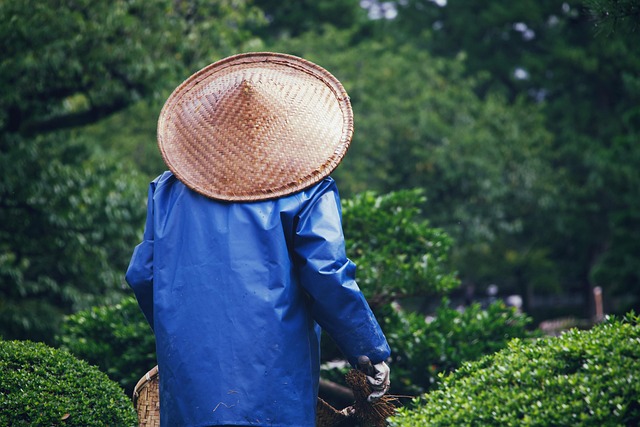In recent years, the movement towards eco-friendly gardening has gained significant traction among those who not only want to cultivate fruitful and vibrant gardens but also wish to tread lightly on the earth. Embracing an eco-conscious approach to gardening means creating a lush fruits and vegetable garden that aligns harmoniously with nature. It’s a journey that not only nurtures your plants but also enhances the beauty of your surroundings while protecting our environment.
The essence of eco-friendly gardening lies in understanding and working with the natural ecosystem. By adopting sustainable practices, gardeners can create a vibrant haven for flora and fauna alike. Consider starting your garden by utilizing native plants that adapt easily to your local climate and soil conditions. These plants require less water, reduce the need for chemical fertilizers, and attract beneficial pollinators, creating a flourishing garden that contributes positively to the local environment.
Composting is another fundamental practice in eco-friendly gardening. By recycling kitchen scraps and yard waste, you can create nutrient-rich compost that enriches your soil without the need for synthetic products. Not only does this practice minimize waste, but it also helps to maintain soil health, providing essential nutrients to your fruits and vegetables as they grow. Imagine the joy of harvesting ripe tomatoes or succulent strawberries, knowing that your eco-conscious methods have yielded such delicious results.
Water conservation plays a critical role in green gardening. Instead of relying solely on the hose, consider implementing rainwater harvesting systems or drip irrigation. These methods not only save water but also ensure that your plants receive the moisture they need directly at the roots, reducing evaporation and run-off. Creating a water-efficient garden contributes to the overall health of the ecosystem while promoting the growth of your fruits and vegetables.
As you plan your garden, consider incorporating companion planting, a technique that utilizes the natural relationships between plants. Certain plants, when grown together, can deter pests, enhance growth, and even improve flavors. For instance, planting basil alongside tomatoes can enhance their taste while repelling harmful insects. Such practices not only reduce the need for chemical pesticides and herbicides but also promote biodiversity within your garden.
Lastly, maintaining biodiversity is crucial in eco-friendly gardening. Encourage beneficial insects such as ladybugs and butterflies by planting a variety of flowers and herbs. These allies can help control pests naturally, reducing the need for harmful chemicals that can disrupt local wildlife. By creating a diverse ecosystem, you’ll foster a resilient garden that thrives in harmony with nature.
By embracing eco-friendly gardening practices, you not only create a lush fruits and vegetable garden but also contribute positively to the environment. Watch your garden transform into a beautiful oasis that flourishes in sync with nature, filling your life with the joys of gardening while nurturing the earth. Together, we can cultivate a greener future, one garden at a time.




